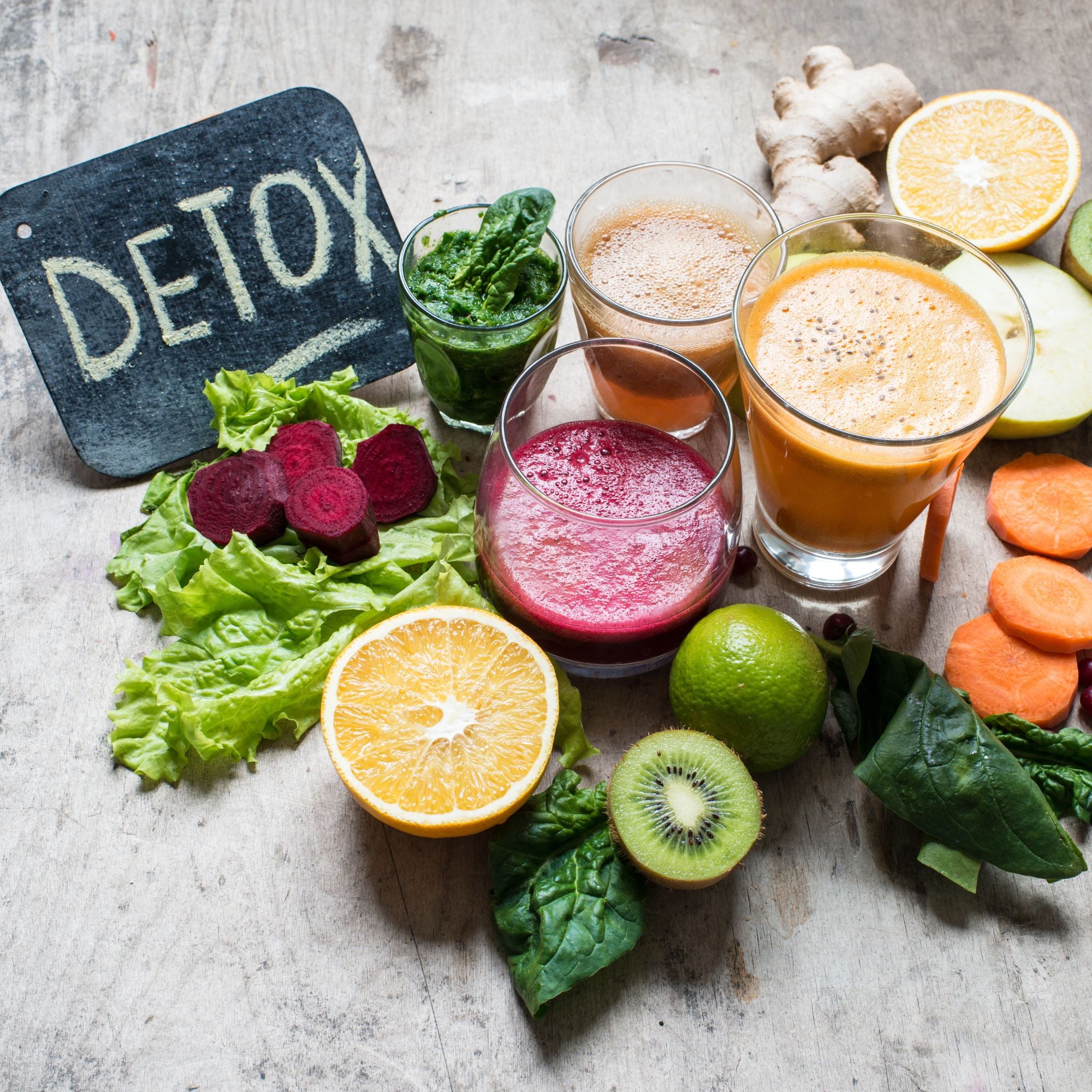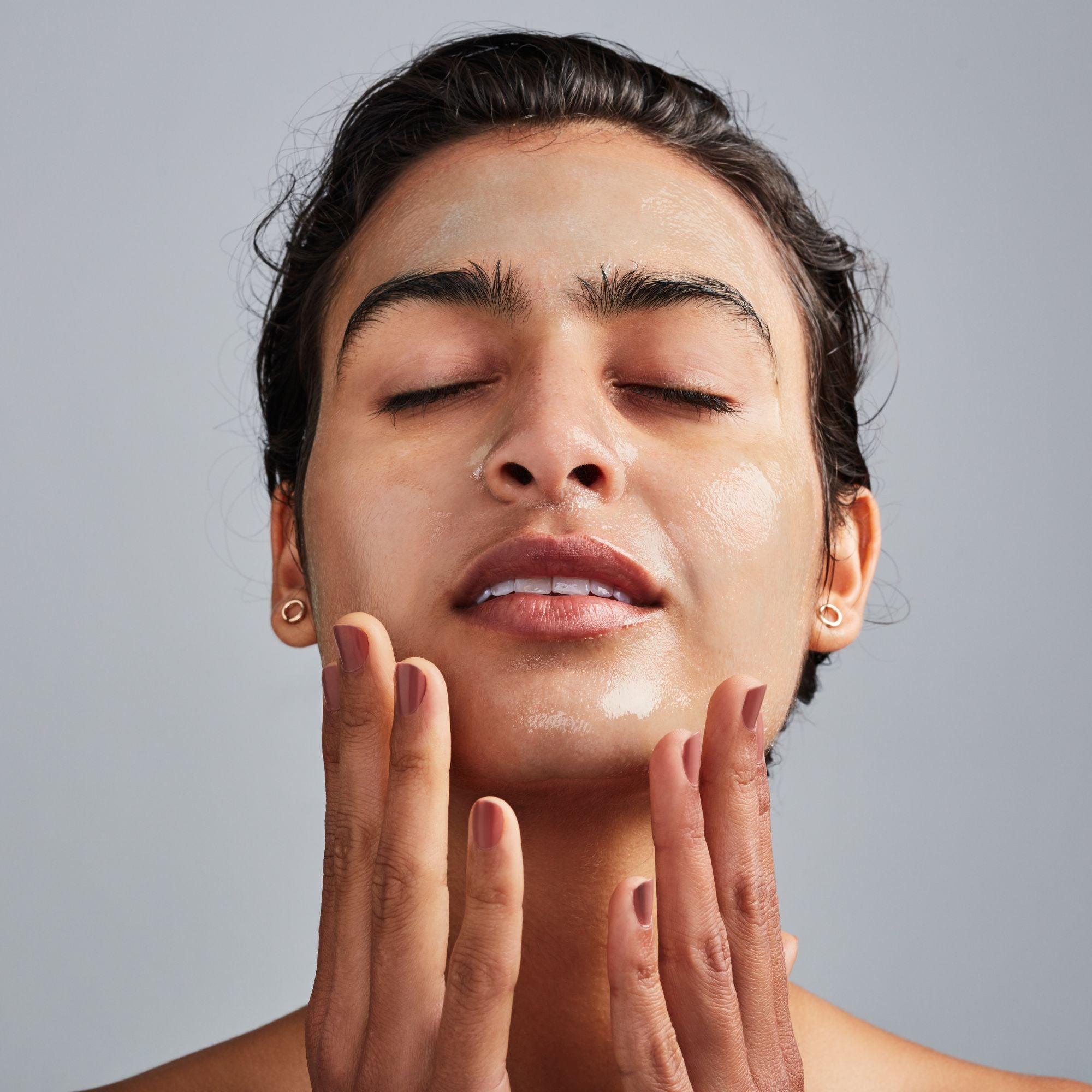Introduction
Are you struggling with acne breakouts and searching for a natural solution? You've likely heard about the importance of staying hydrated, but can drinking water really help with acne? In this article, we'll explore this question in-depth and provide you with valuable insights into how staying hydrated may contribute to clearer, healthier skin.
Understanding Acne
Before delving into the role of water in acne management, let's first understand what causes acne. Acne occurs when hair follicles become clogged with oil and dead skin cells, leading to the formation of pimples, blackheads, and whiteheads. Factors such as hormonal changes, genetics, diet, and skincare habits can all influence the development of acne.
The Connection Between Hydration and Skin Health
Your skin is your body's largest organ, and just like any other organ, it requires proper hydration to function optimally. When you're dehydrated, your skin may become dry, dull, and prone to irritation. While staying hydrated is essential for overall skin health, does it directly impact acne?

Does Drinking Water Reduce Pimples?
While drinking water alone may not be a magical cure for acne, maintaining adequate hydration can play a supportive role in managing breakouts. Here's how:
1. Helps Detoxify the Skin
Drinking water aids in flushing out toxins and impurities from your body, including those that can contribute to acne formation. By staying hydrated, you support your body's natural detoxification processes, potentially reducing the likelihood of clogged pores and breakouts.

2. Promotes Skin Healing
Hydration is crucial for promoting skin healing and regeneration. When you're well-hydrated, your skin cells can repair and renew themselves more effectively, which may help speed up the healing process of existing acne lesions.

3. Balances Oil Production
Dehydration can trigger your skin to produce more oil as a compensatory mechanism, leading to clogged pores and acne flare-ups. By maintaining optimal hydration levels, you can help regulate your skin's oil production, potentially reducing the risk of excess sebum buildup and breakouts.

4. Supports Skin Barrier Function
A well-hydrated skin barrier is better equipped to protect against environmental aggressors and prevent moisture loss. By keeping your skin barrier healthy and intact, you can reduce the likelihood of inflammation and irritation that can exacerbate acne.

5. Reduces Inflammation
Chronic inflammation is often associated with acne, and staying hydrated can help mitigate inflammatory responses in the body. By reducing overall inflammation, you may experience fewer severe breakouts and a calmer, more balanced complexion.
How Much Water Should You Drink for Acne?
While there's no one-size-fits-all answer to this question, aiming to drink at least eight glasses of water per day is a good starting point. However, individual hydration needs can vary based on factors such as age, weight, activity level, and climate. Listen to your body's cues—if you feel thirsty, drink water, and pay attention to the colour of your urine (pale yellow is a sign of adequate hydration).

Incorporating Hydration into Your Skincare Routine
In addition to drinking water, you can also support skin hydration through topical skincare products. Look for moisturisers containing ingredients like hyaluronic acid, glycerin, and ceramides to lock in moisture and keep your skin hydrated throughout the day.
Conclusion
While drinking water alone may not be a miracle cure for acne, maintaining proper hydration is undeniably important for overall skin health. By supporting detoxification, promoting healing, balancing oil production, and reducing inflammation, staying hydrated can play a valuable role in managing acne breakouts. So, remember to prioritise hydration as part of your skincare routine, and you may just notice clearer, healthier skin as a result
Read More - 10 Benefits Of Water For Great Skin + How Much Should You Drink Per Day?





